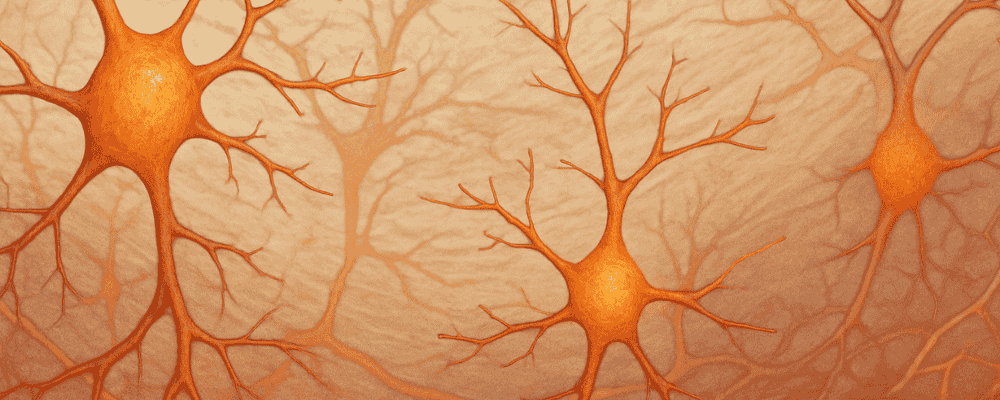STOCKHOLM, July 5, 2025 – New research from Sweden’s Karolinska Institutet has confirmed that the human brain continues to generate new neurons in the hippocampus well into later life. The findings, published in the journal Science, challenge long-standing beliefs that adult neurogenesis is negligible or absent in older adults.
The team examined postmortem brain samples from individuals ranging in age from infancy to 78 years. Using single-nucleus RNA sequencing and flow cytometry, they were able to detect neural progenitor cells—immature cells that can mature into functioning neurons—in the hippocampus, a region critical for memory and learning.
“We have now been able to identify these cells of origin, which confirms that there is an ongoing formation of neurons in the hippocampus of the adult brain,” said Jonas Frisén, professor of stem cell research at Karolinska Institutet, in a statement reported by ScienceDaily.
While previous studies hinted at ongoing neurogenesis in adults, they were often contested due to technical limitations or inconsistent methodologies. This study is among the first to directly observe and classify progenitor cells in the adult brain using high-resolution genetic tools.
The researchers also noted that while the presence of neurogenesis persists with age, the number of progenitor cells and the rate of neuronal formation declines over time. Still, the mere presence of this activity into older adulthood provides new insights into how the brain may retain a degree of plasticity throughout life.
The findings may have significant implications for understanding age-related cognitive decline, as well as developing potential interventions for neurodegenerative conditions such as Alzheimer’s disease. Researchers say the next step will be to explore how lifestyle factors such as exercise, sleep, and stress impact the brain’s ability to produce new neurons.
The study draws renewed attention to the importance of the hippocampus in lifelong brain health and reopens possibilities for therapies aimed at enhancing or preserving cognitive function through adulthood.


